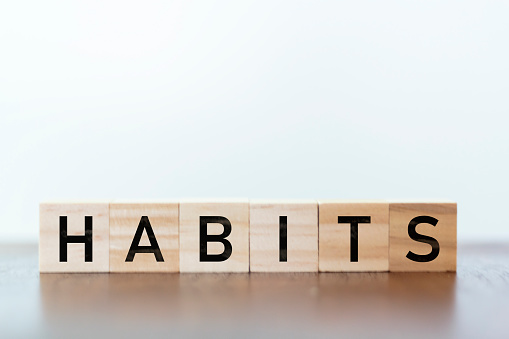Four Surprising Facts About Willpower

willpower
As you try to attain a brand new intention, you may need to lean on your self-discipline to assist. But there are a few things you will not recognize about self-discipline.

“Many human beings suppose you’re both self-disciplined or now you’re. But it’s, in reality, a muscle you could enhance over time” — Marina C” Aparro, RD.
What Is Willpower?
Willpower is the intellectual capacity to withstand temptations, occasionally called urges, impulses, or terrible habits, to meet long-term desires.
Over the years, self-discipline has taken on an ethical message, as though to suggest that one isn’t proper and doesn’t have self-discipline. This concept isn’t beneficial.
Willpower is commonly connected to practical skills, no longer virtues or ethics, and specialists say it’s fa ar neuti”suit. Missing self-discipline is neither proper nor horrific nor proper or wrong.
1. What You Believe About Willpower
Is Just as Important as Your Willpower
There are principal theories regarding self-discipline. The limited idea says that you have the most self-discipline and that as soon as your stores are depleted, your self-discipline runs out. For example, you cannot withstand extra temptations after a stressful day because you’ve used up your self-discipline.
The non-restrained idea states that self-discipline is a muscle. The more you use it, the more you have. Successfully resisting temptations throughout the day reinforces your self-discipline.
However, over the years, studies have modified the information on how self-discipline works. Proof suggests that it’s far more your attitude of self-discipline that influences how you reply to demands.
If you enroll in the concept that self-discipline is restrained, you’re much more likely to be less potent at hitting your desires after a hard day. If you accept accurately as discipline builds, you’re much more likely to have a higher capacity to attempt for desires after a difficult day.
Your self-discipline itself won’t be as vwon’tas your private ideals approximately it.
2. How You Draw on Your Willpower Is Key
Your ideas yourself are vital; see that you draw on them. Since studies are changing how self-discipline is understood, new thoughts have come forward. One is that there are approaches we take to drawing on self-discipline: effortfully or effortlessly.
Effortful self-discipline entails suppression, which means actively blocking urges and temptations.
Effortless self-discipline is better understood as resolve. It is the capacity to encourage yourself to stick to a plan by rewarding yourself, anticipating temptations, and making adjustments.
The more attention you pay to the discipline you operate, the more likely it is that blocking blocks its conception undertaking for or doing something you aren’t certain Key tIsn’ttionon Recovery.
You could have been instructed that dependency is a hassle with self-manipulation. That in case you manipulate your urges, you could triumph over dependency. Thiisn’t’ttrue. Aisn’tiononn is a long period of mental sickness. Youmind’s’bodilymind’sicationsns if you have a dependency, and it takes remedy and rehabilitation to return it to its normal state. Having numerous self-discipline no longer assists you in getting over dependency.
Studies confirmed that human beings with dependency defined themselves as sturdy-willed or very sturdy-willed. Evan, at exceptional degrees of recovery from none to rocky healing to solid recovery, the bulk of human beings described themselves as sturdy-willed.
However, there has been no correlation between having sturdy self-discipline and solid recovery. You could have numerous self-discipline and now have the sickness of dependency.
Instead, techniques like substantially changing your environment, friendships, and daily routine appear to be more vital in dependency recuperation than self-discipline.
4. Willpower Beliefs Are Linked to Health and Well-Being
Not surprisingly, self-discipline is connected to wellness. One study examined self-discipline ideals and fitness in diabetes patients. Those who believed self-discipline turned into restraint additionally felt that they were much manipulated over their health, which triggered additional diabetes issues and adverse emotional health.

This way, those who believed they had a lot of self-control couldn’t control themselves, and their chance for headaches turned excessive.
In every other look, college students with restrained self-discipline ate extra dangerous food, had extra hassle regulating their stress, procrastinated extra, and were given decreased grades once they had been below excessive stress.
How to Increase Willpower
Ignore constructing your self-discipline. Based on new thoughts and research on self-discipline, it is probably better to apply techniques and encourage yourself instead of specializing in constructing self-discipline and withstanding an urge or temptation.




















1 thought on "Four Surprising Facts About Willpower"